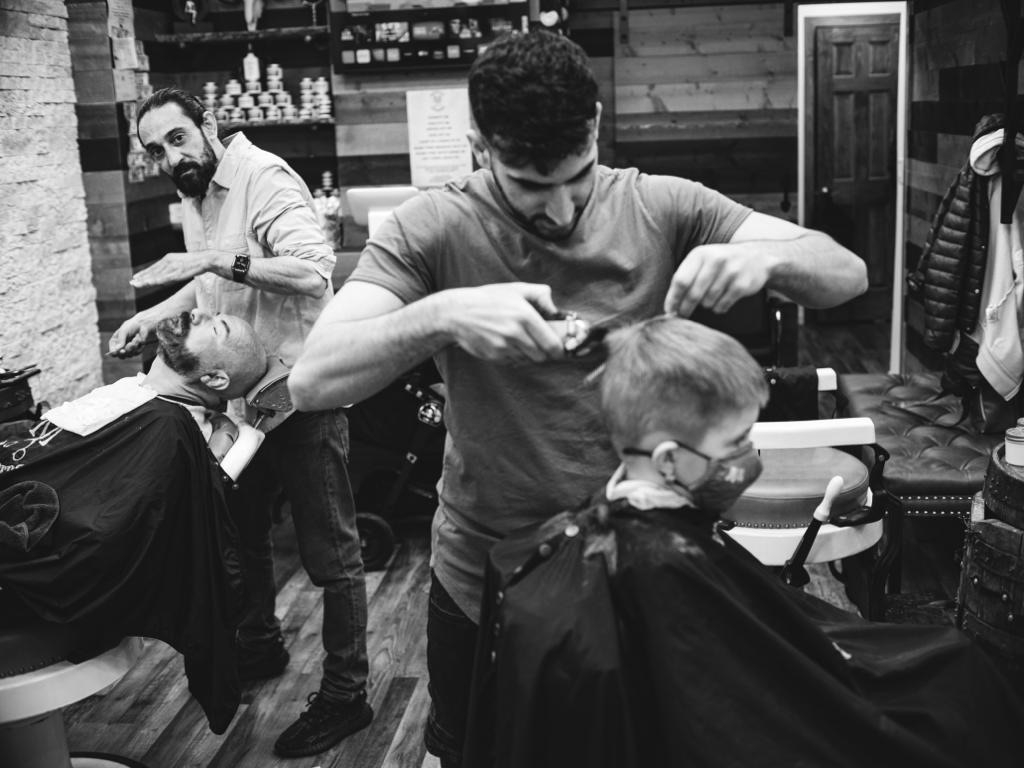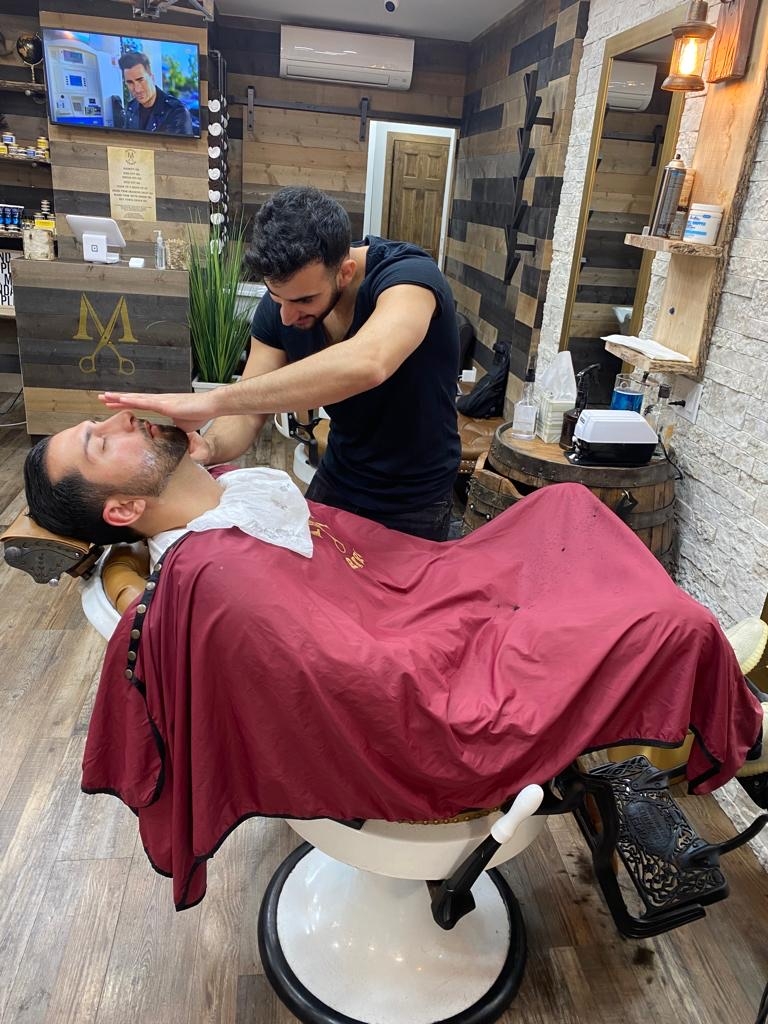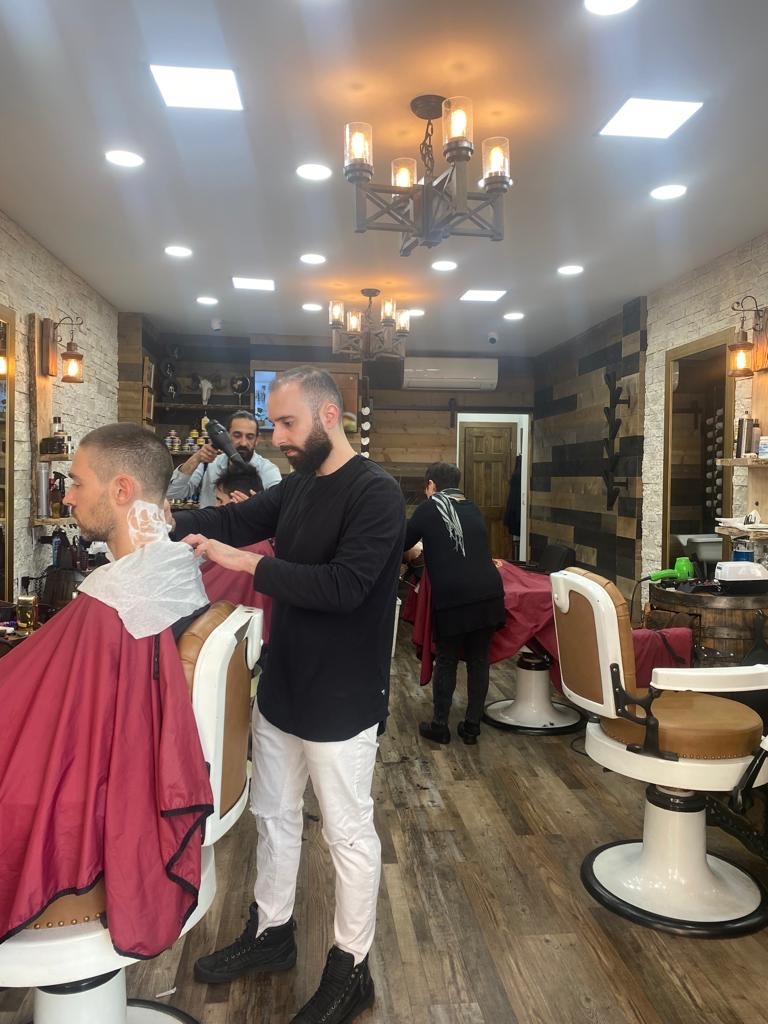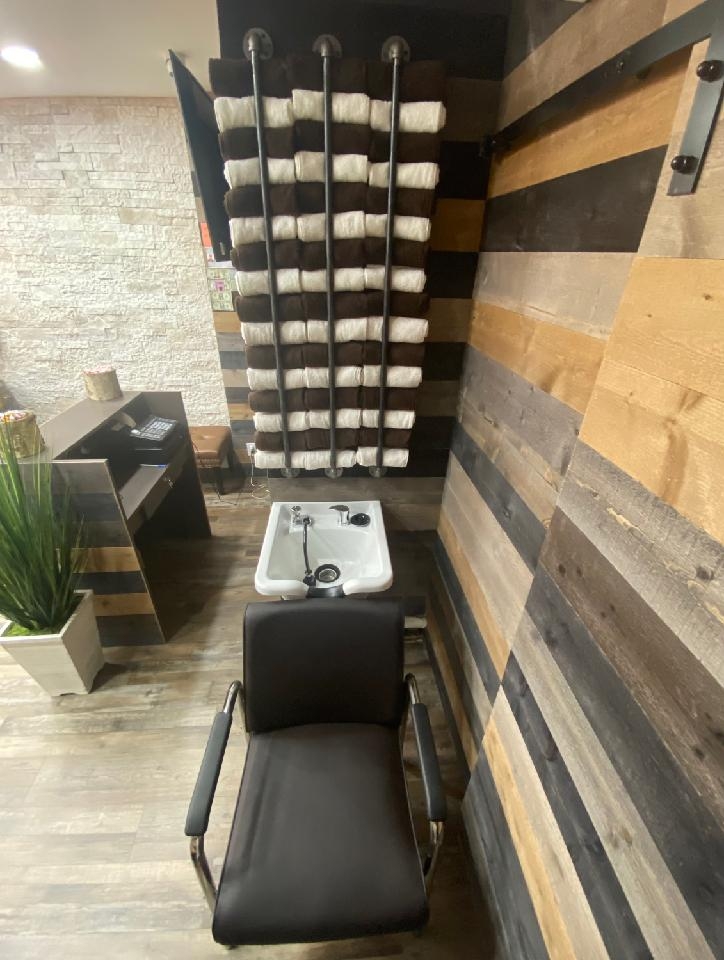Beard Moisturizing Routine
How often should beard oil be applied to maintain proper moisture levels?
Beard oil should be applied daily to maintain proper moisture levels. Applying beard oil regularly helps to hydrate the skin underneath the beard and prevent dryness and itchiness. It is recommended to apply a few drops of beard oil after showering or washing the face to lock in moisture and keep the beard soft and manageable.



